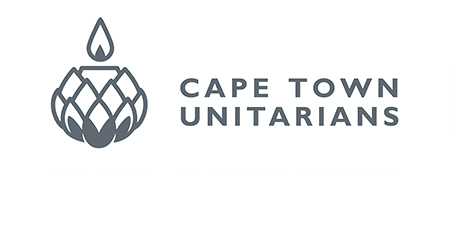By Hans Moolman
How can we as the Cape Town Unitarians community actively participate and honour our principles, namely our “respect for the interdependent web of all existence, of which we are a part”?
We can create circular economies and to grow greener communities and cities, a response that aligns our efforts with Earth Day 2023 (which was yesterday) and this year’s theme of “Investing in Our Planet”.
What is a circular economy?
A circular economy is an economic system based on the reuse and regeneration of materials or products, especially as a means of continuing production in a sustainable or environmentally friendly way. This means sharing, leasing, reusing, repairing, refurbishing and recycling existing materials and products for as long as possible.
A circular economy aims to tackle global challenges such as climate change, biodiversity loss, waste, and pollution by emphasizing the design-based implementation of the three base principles of the model. The three principles required for the transformation to a circular economy are: eliminating waste and pollution, circulating products and materials, and the regeneration of nature.
What does regenerative living mean?
Regenerative living is based on the concept of regeneration: adapting with nature and rejuvenating the health of Earth and us. Products created from waste retrieved from oceans, landfills, the atmosphere, and other locations can be considered regenerative.
Photo of flattened plastic bottles by Nick Fewings on Unsplash
Regenerative right livelihoods are based on learning from and co-creating with ecosystems, are rooted in equity and justice and a vision of each person developing the skills to co-create a future in which all can thrive.
As conscious, empowered, entrusted stewards of our Earth home, we Cape Town Unitarians can lead with love activism and become conduits towards regenerative living. By adopting and living the value of Ubuntu, we can actively participate and attune our living connection with the health, well-being and dignity of our Earth Mother. As Archbishop Desmond Tutu said, “My humanity is caught up, is inextricably bound up, in what is yours.”
As Cape Town Unitarians, a united spiritual community invested in our planet, we can lead the way to a more sustainable, regenerative, socially equitable and healthy future of our home, and all its sentient inhabitants. Together we can be better.
Exactly how can you contribute to investing in our planet and engaging in regenerative living? Watch this blog on Wednesday, 26 April, for a post about a wonderful initiative you can get involved in, courtesy of the Cape Town Unitarians social justice team.


